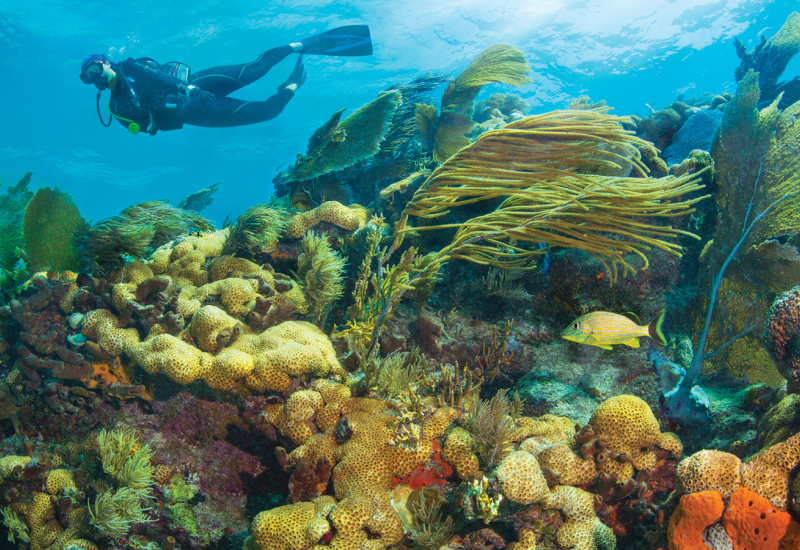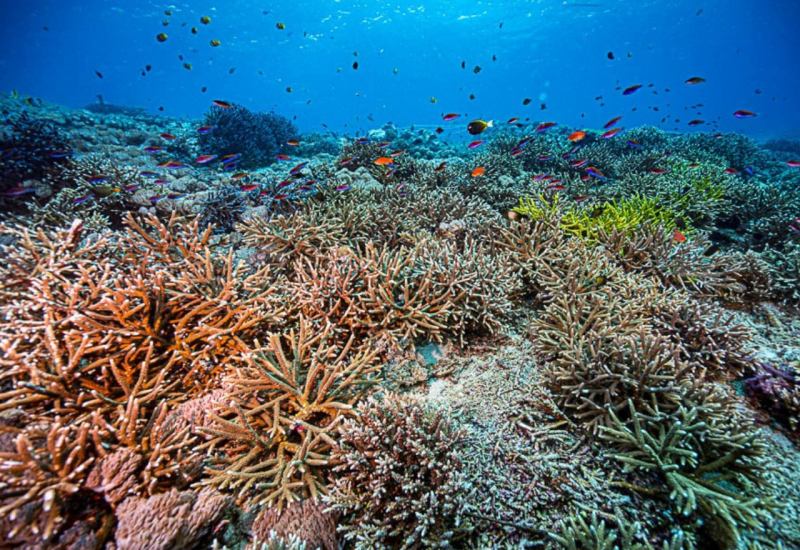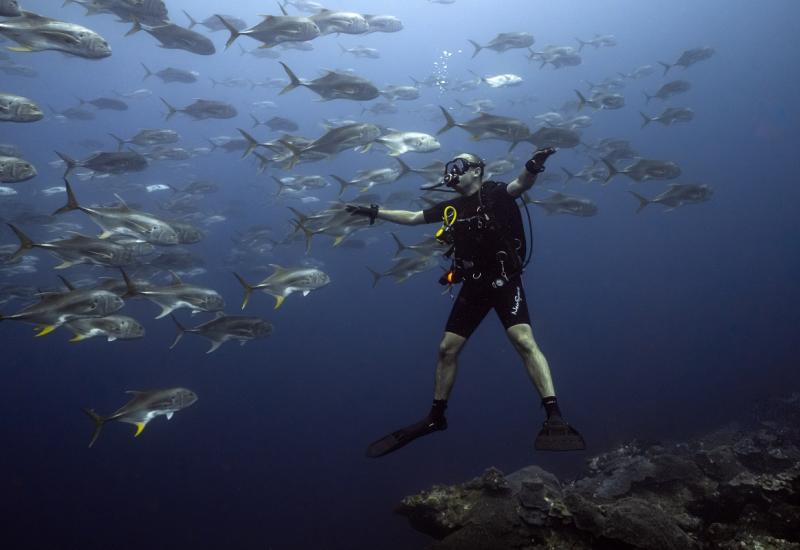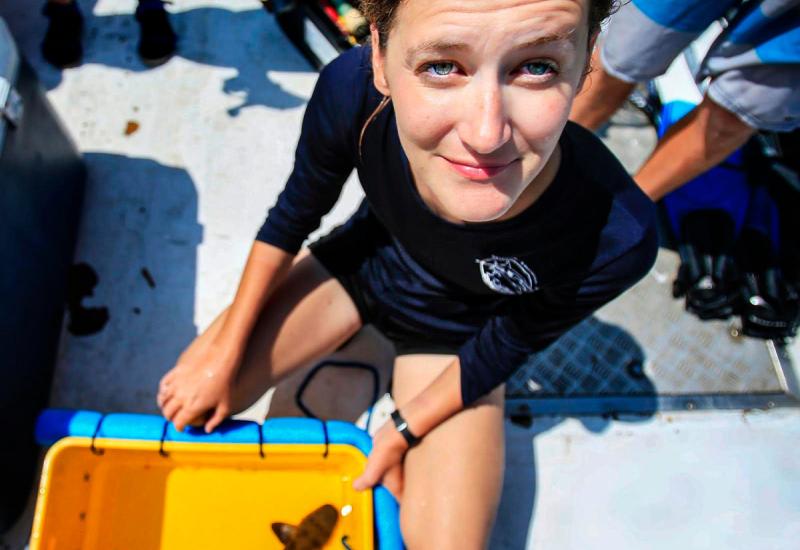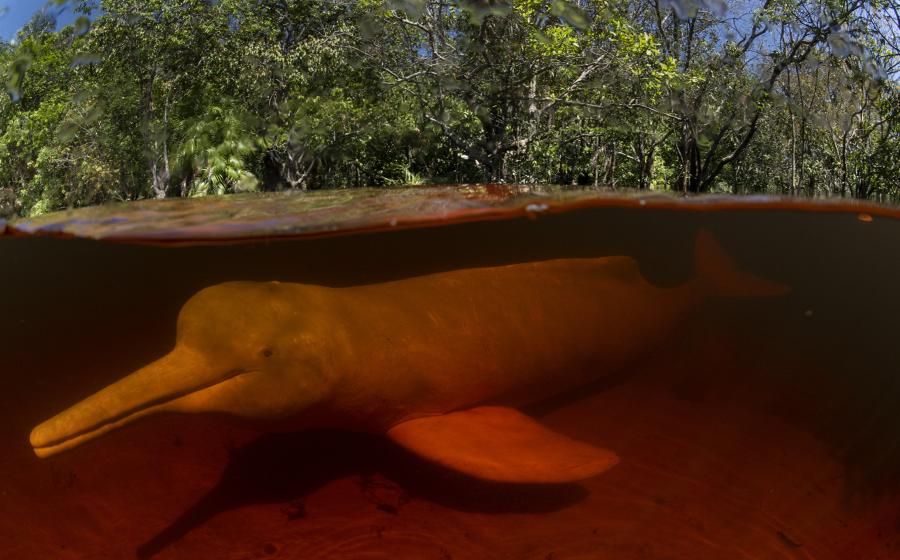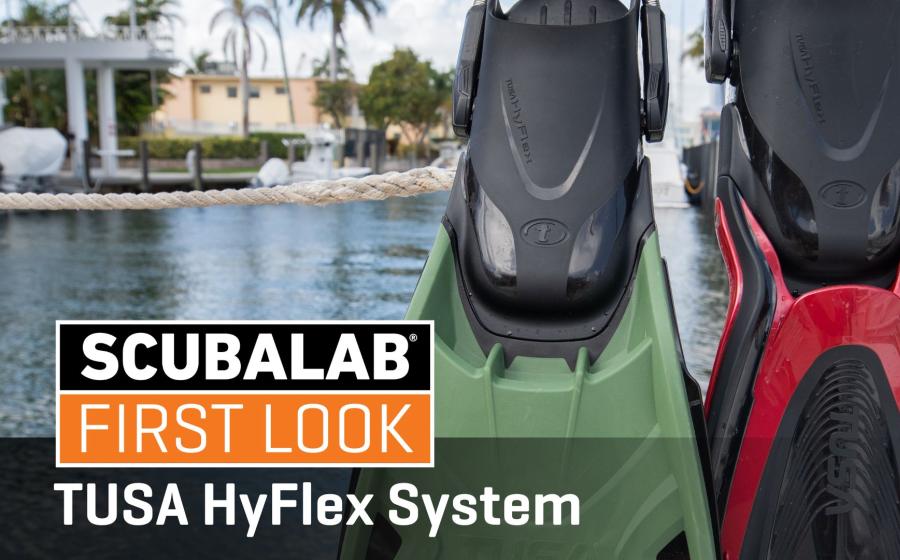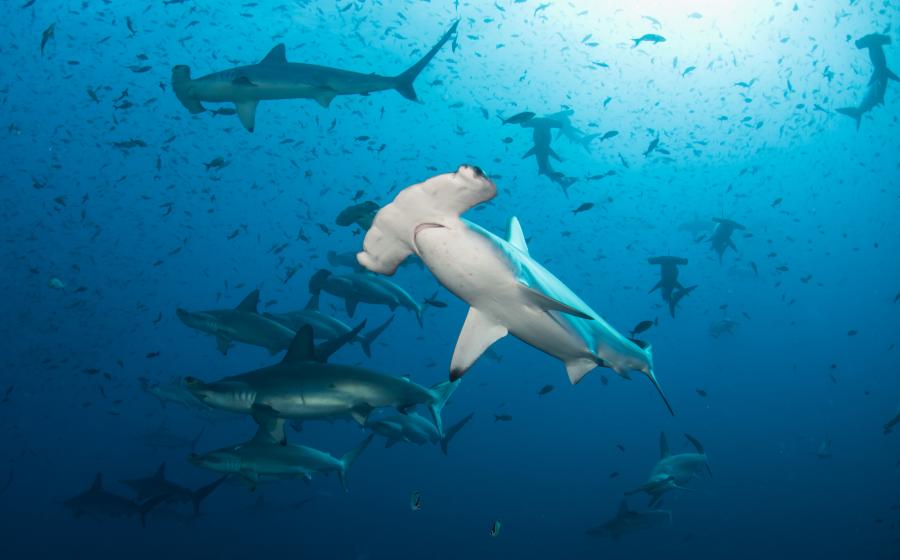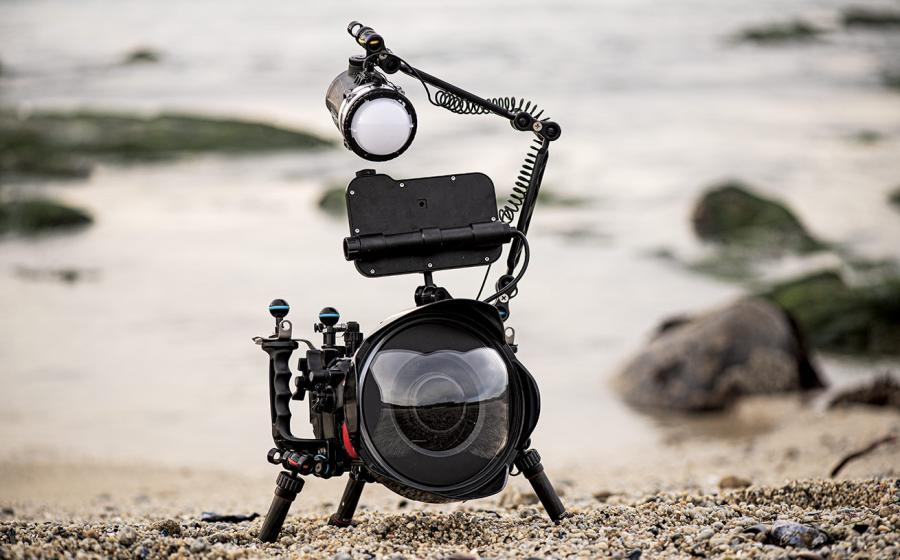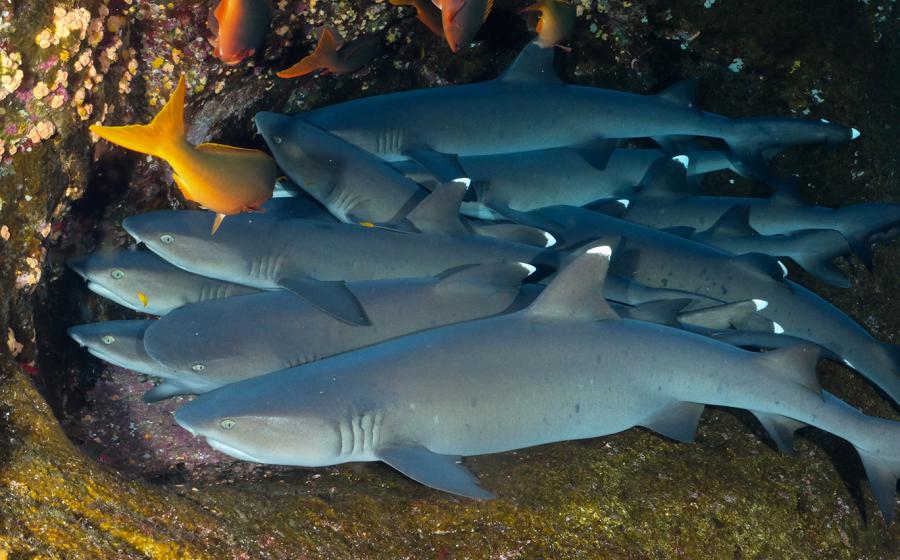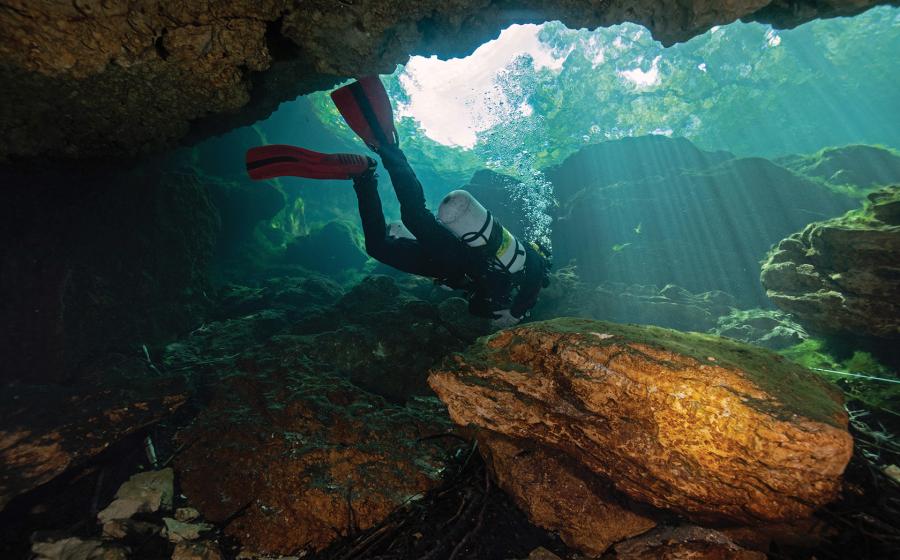Project AWARE Spotlight on Debris Activist: Juan Blanco
Divers see and experience our underwater world in a way that few others on this planet ever will. It’s a privilege that comes with great responsibility. As stewards for our ocean planet, it’s up to us to take action to protect it. Project AWARE volunteers across the globe are doing just that. As part of Adopt a Dive Site, Project AWARE’s latest initiative in the fight against ocean trash, dive leaders engage in local protection and monitoring of underwater areas through monthly marine-debris surveys and other on-the-ground waste-reduction efforts, including dive-center composting, reduction of single-use plastics, education and outreach, and so much more. This year, we’re taking a closer look at the volunteers and ocean leaders powering our movement to protect the ocean planet through Dive Against Debris.
SPOTLIGHT ON DEBRIS ACTIVIST JUAN BLANCO
Adopted Dive Site: Boa Vista Island, Cape Verde, Africa
Scuba diver since: 1993
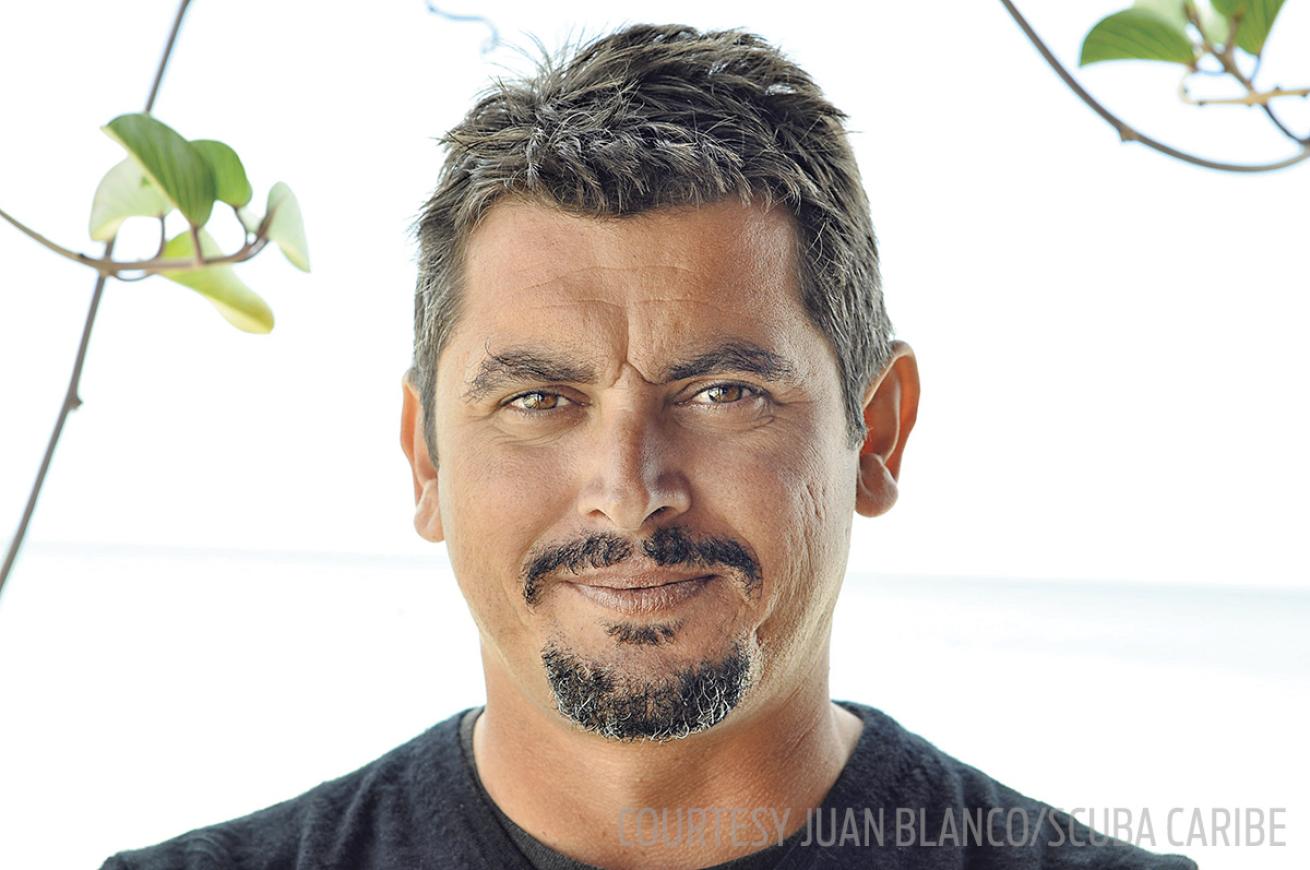
Courtesy Juan BlancoJuan Blanco
Juan Blanco grew up in the south of Spain close to the Mediterranean Sea, dreaming of the day he’d explore the underwater world. When he turned 18, he enrolled in a scuba diving course and hasn’t looked back. Now a scuba diving instructor, Blanco has traveled throughout Africa, Europe and the Caribbean, and witnessed the incredible beauty of the underwater world — but also the increasingly alarming impacts of debris.
Blanco believes that part of our journey as scuba divers, and ocean ambassadors, is not only to enjoy the ocean, but also to do all that we can to care for it. Through beach cleanups and Dive Against Debris surveys, he is dedicated to empowering his students and volunteers to keep their local dive sites clean.
Favorite dive site?
My favorite dive site is the entire ocean — ha! But if I have to pick a single site, it’s Atlantida in Boa Vista, Cape Verde. This volcanic seamount is home to many pelagic fish and critters that always seem to be in perfect harmony.
Why does Atlantida in Boa Vista, Cape Verde, need to be protected?
Currents surrounding Atlantida bring in all types of trash from the nearby village. This debris often gets stuck in the reef.
Strangest piece of trash found underwater?
A washing machine.
How do you Adopt a Dive Site?
I am committed to doing monthly Dive Against Debris surveys. But I don’t stop there. I use the company I work for, Scuba Caribe, as a platform to introduce its wider network of dive centers, staff and visitors to Dive Against Debris, encouraging them to clean their own local sites. Our dive center has become a role model to spark a larger movement.
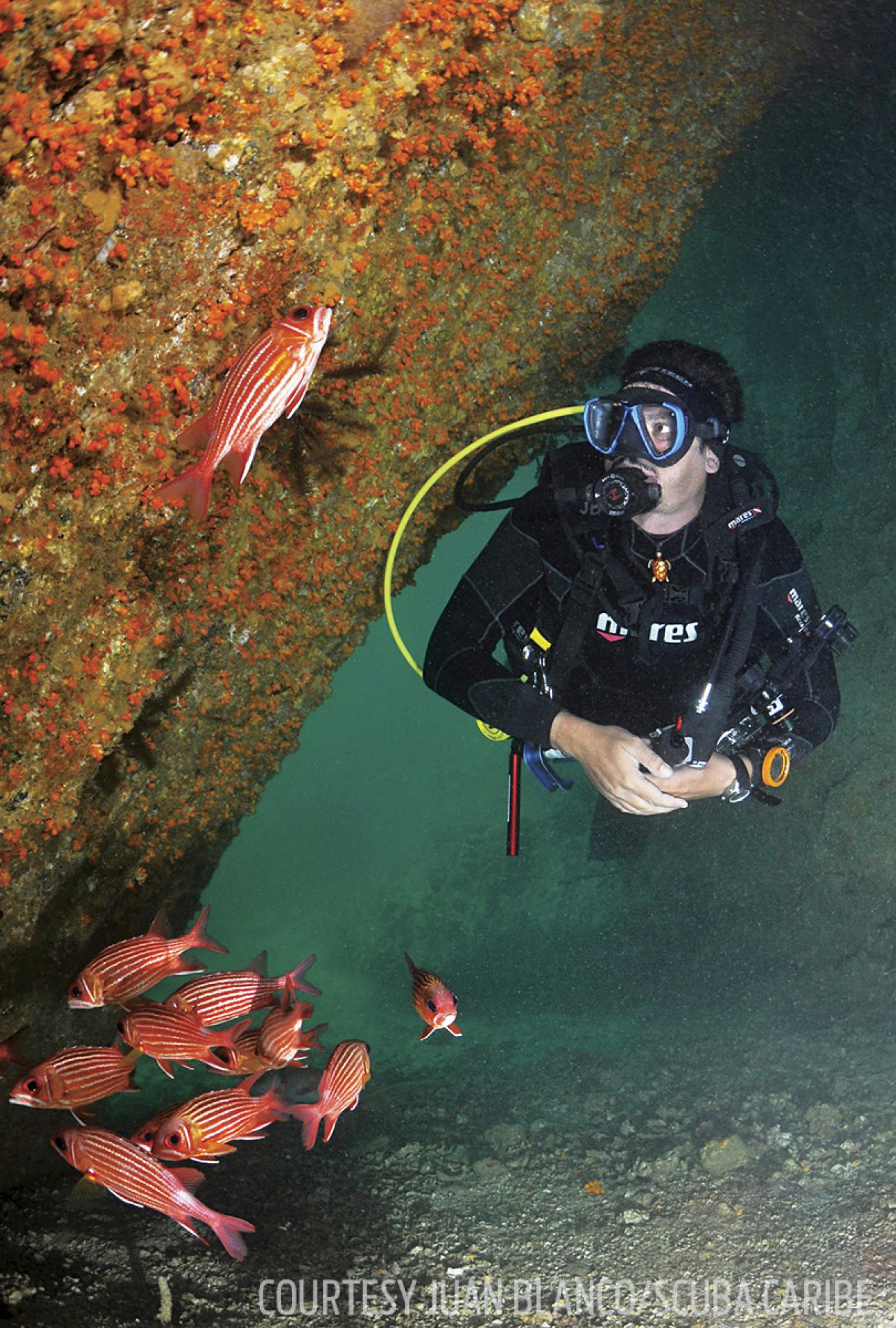
Courtesy Juan BlancoJuan Blanco
Make a Stand
Taking a part in Adopt a Dive Site and Dive Against Debris campaigns is one way to help protect the ocean and its residents. Here are a few more:
Improve Your Buoyancy
Divers are a threat to fragile coral reefs and other marine animals if they don’t have their buoyancy under control. You can cause serious damage by bumping into a plant or animal with your body or gear underwater. Streamline your gear and sharpen your skills to make sure this doesn’t happen.
Cut Down on Plastic
There are plenty of ways you can reduce your use of plastic every day: Say no to single-use straws, buy food in bulk and store it in reusable containers, forget about shaving with disposable razors, bring your lunch to work in a reusable container, and the list goes on.
Become Seafood Savvy
Divers can take a stand against overfishing with their eating habits. If you choose to consume fish, take the time to do your homework and find out if it’s sustainably sourced. If you’re at a restaurant, don’t be afraid to ask.

